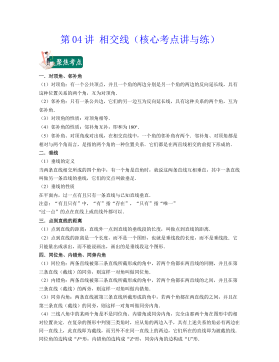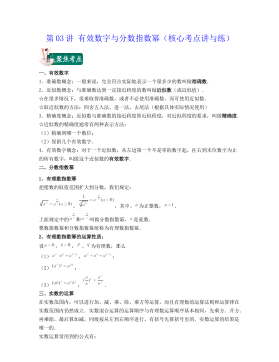操纵性与译者主观能动性在《毛泽东选集》英译中的对抗
浙江财经学院硕士学位论文V摘要《毛泽东选集》的翻译是一次极其特殊的翻译活动,却未得到应有的全面分析和正面评价。因此,笔者以译者主体研究与操纵学派代表人物勒菲弗尔的理论为基础,对《毛泽东选集》英译展开深入研究。除引言和结语外,本文共分四章。第一章对《毛泽东选集》英译的相关研究进行了文献综述;第二章则分别阐述了上述两个理论基础;第三章对《毛泽东选集》原文的语言特点进行了较为详细的分析;第四章是本文的主体,先论述《毛泽东选集》译文的“忠实”这一特点,再论述《毛泽东选集》英译“形象”和“灵活”的特点。最后,通过探讨《毛选》译文的这三大特点,本文得出结论,《毛选》英译是以“忠实”为主,同时不失“灵活”与...
相关推荐
-
10KV电网D-SCADA 系统信息采集与故障诊断研究与设计VIP免费
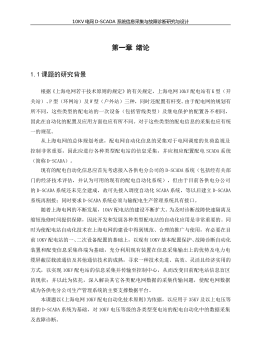
 2024-10-14 26
2024-10-14 26 -
方形吸顶散流器平送风等温射流特性研究VIP免费
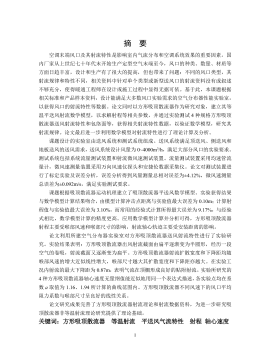
 2025-01-09 7
2025-01-09 7 -
关于充液声导波传感器中频散兰姆波的研究VIP免费
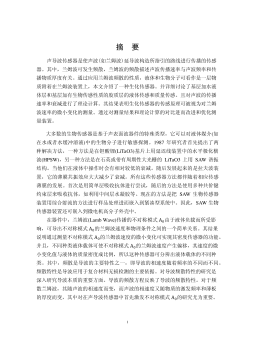
 2025-01-09 10
2025-01-09 10 -
结合梁斜拉桥施工过程中考虑剪力滞影响的分析方法VIP免费

 2025-01-09 6
2025-01-09 6 -
空调房间热舒适性的数值模拟与实验研究VIP免费
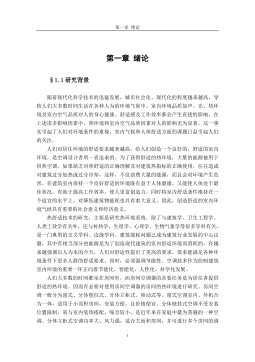
 2025-01-09 7
2025-01-09 7 -
汽车前轮线控转向系统研究VIP免费
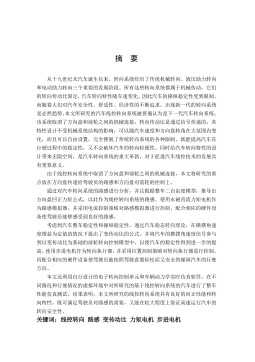
 2025-01-09 8
2025-01-09 8 -
输入分配型混合动力车辆动力系统控制策略研究VIP免费
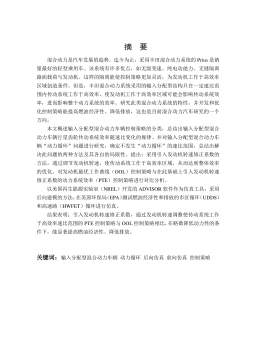
 2025-01-09 7
2025-01-09 7 -
双馈风力发电系统的柔性并网控制研VIP免费
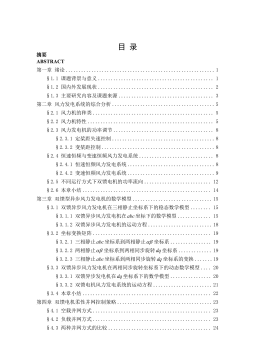
 2025-01-09 10
2025-01-09 10 -
污水处理厂污泥好氧堆肥发酵技术的试验研究VIP免费
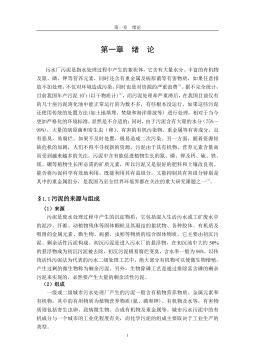
 2025-01-09 7
2025-01-09 7 -
应用风室试验装置的风机性能VIP免费
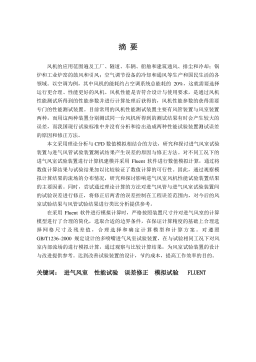
 2025-01-09 8
2025-01-09 8
作者详情
相关内容
-

汽车前轮线控转向系统研究
分类:高等教育资料
时间:2025-01-09
标签:无
格式:PDF
价格:15 积分
-

输入分配型混合动力车辆动力系统控制策略研究
分类:高等教育资料
时间:2025-01-09
标签:无
格式:PDF
价格:15 积分
-

双馈风力发电系统的柔性并网控制研
分类:高等教育资料
时间:2025-01-09
标签:无
格式:PDF
价格:15 积分
-

污水处理厂污泥好氧堆肥发酵技术的试验研究
分类:高等教育资料
时间:2025-01-09
标签:无
格式:PDF
价格:15 积分
-

应用风室试验装置的风机性能
分类:高等教育资料
时间:2025-01-09
标签:无
格式:PDF
价格:15 积分


